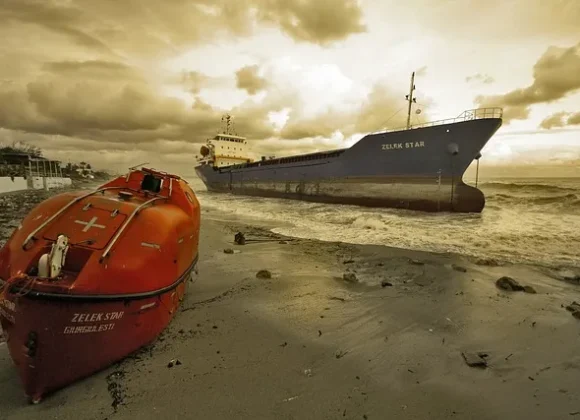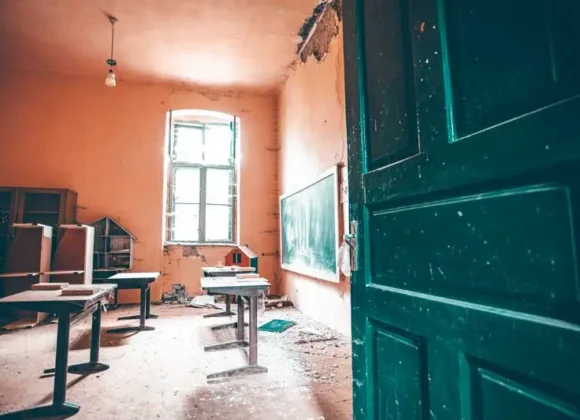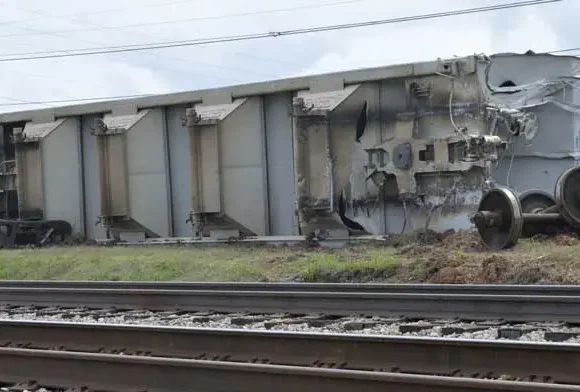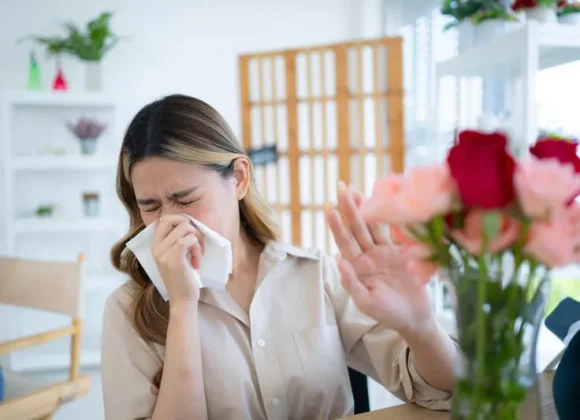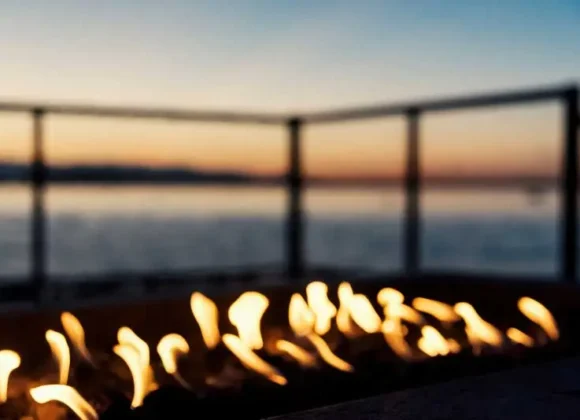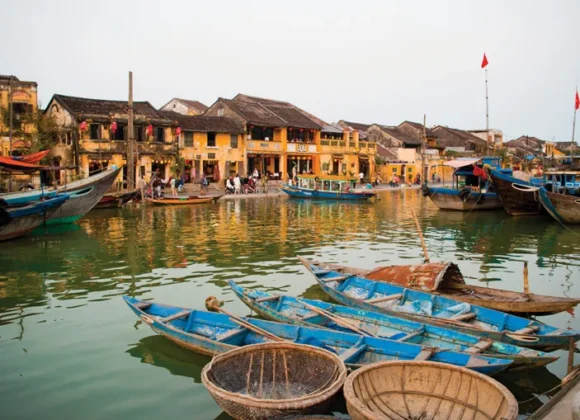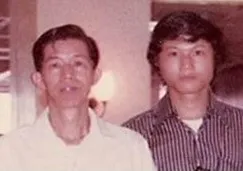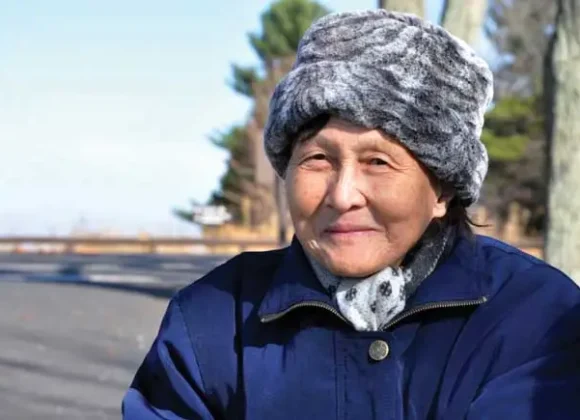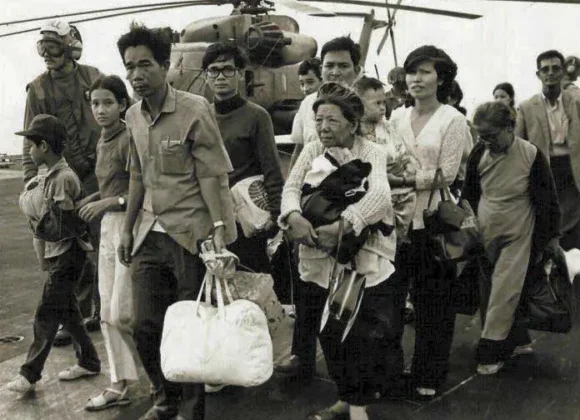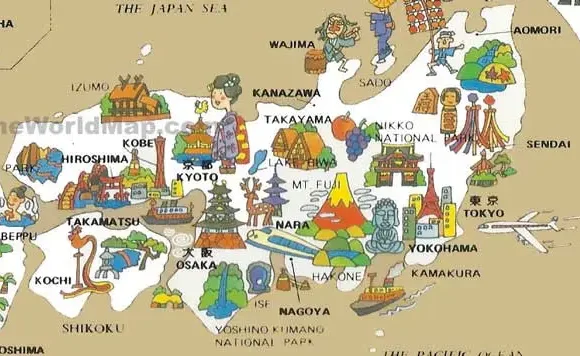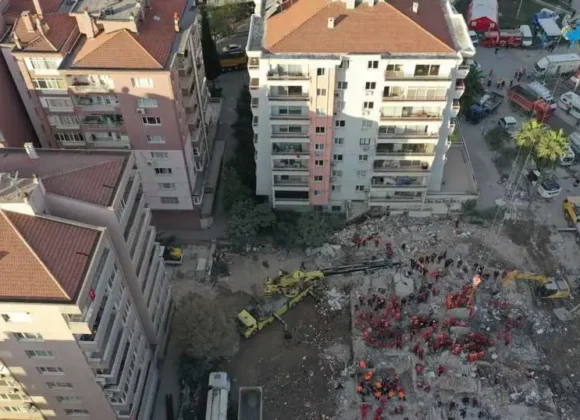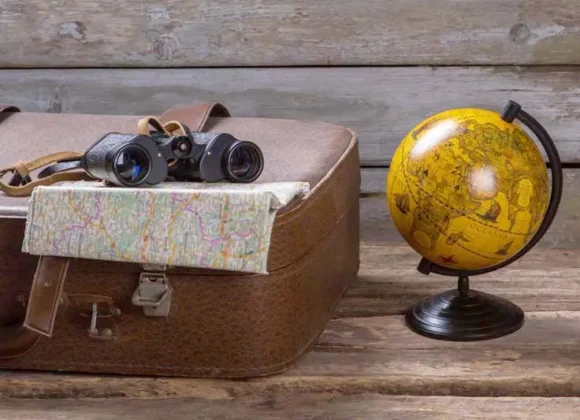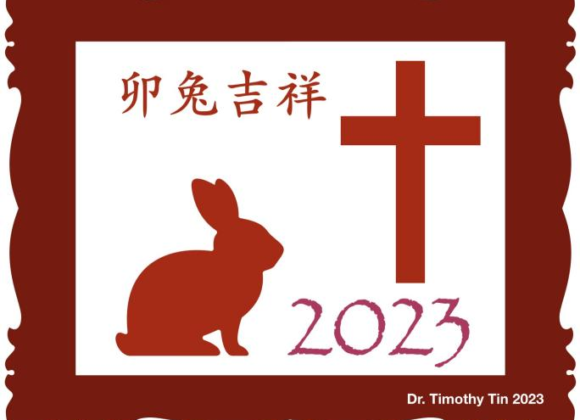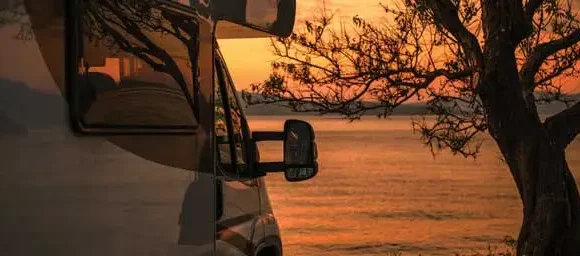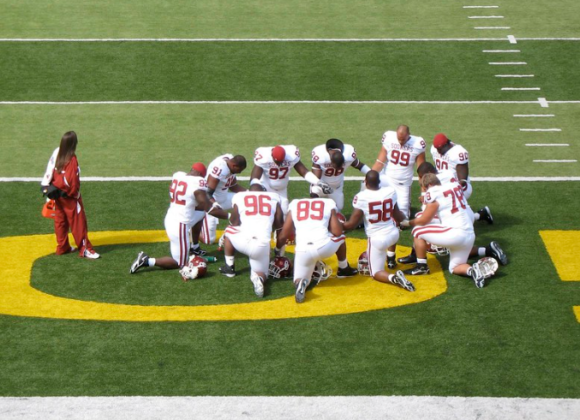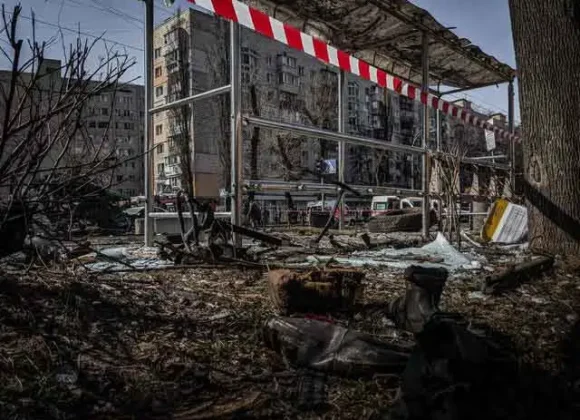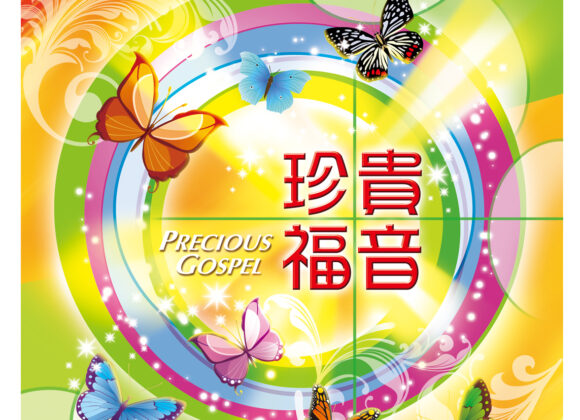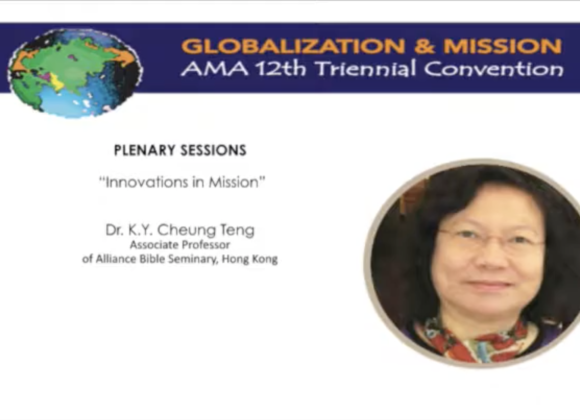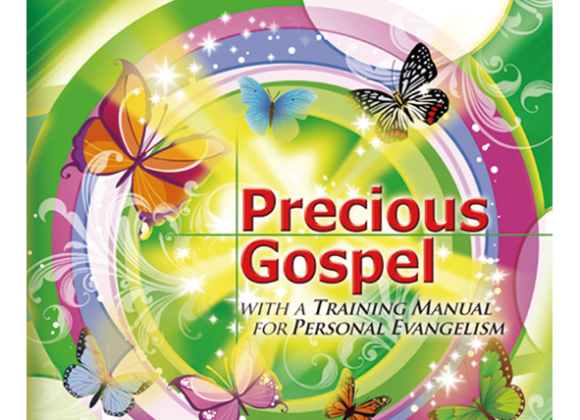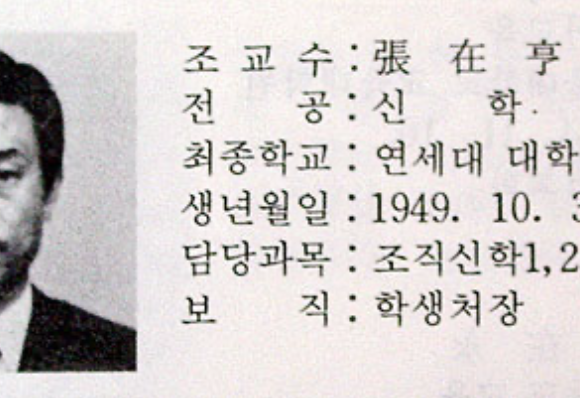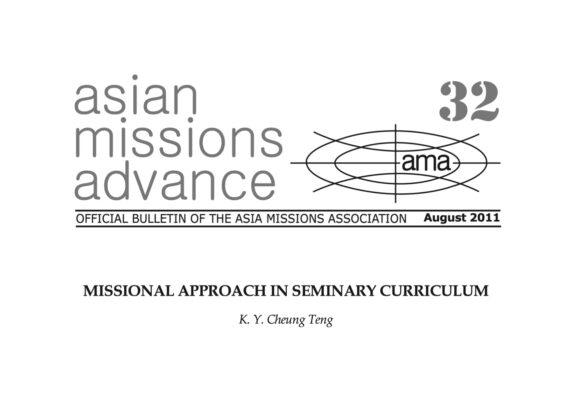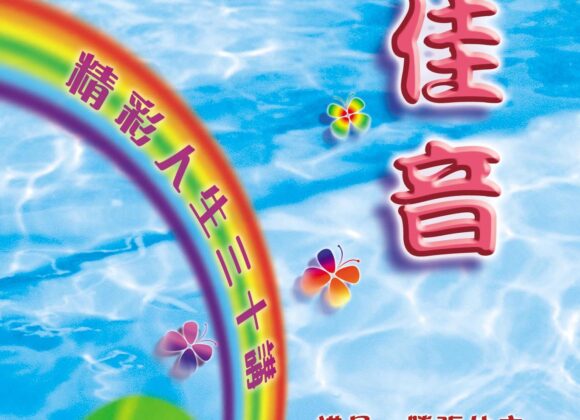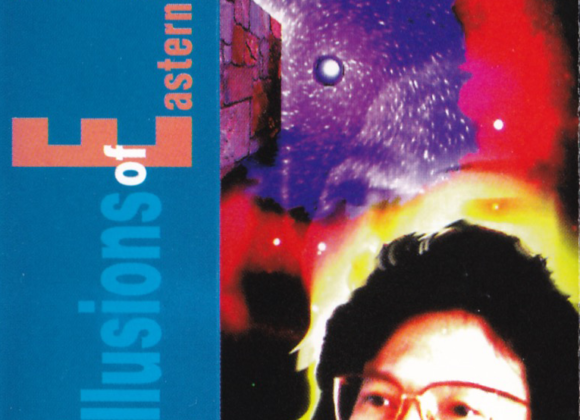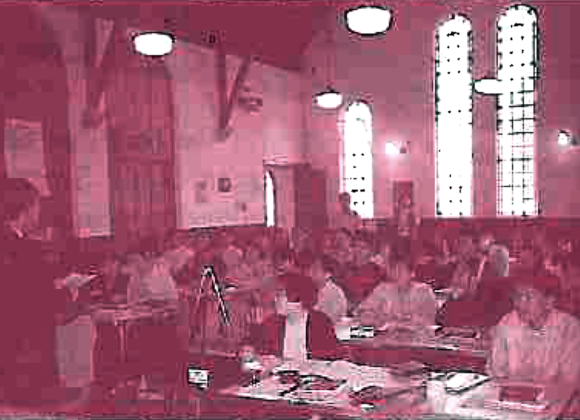Author: Ancy Lee
Translator: Pius Lee
The Vietnamese government had planned well ahead and prepared many makeshift-hut developments such as the one we were sent among all the villages and provinces. We were forced to evacuated from our family shop-abode with stocks of textile products in exchange for a flimsy tiny hut in “Thu Thua” village, a so-called New Economic Development District (TTNED), in the Long An (龍安省) Province. The moment we were forced to displace, our rights to attend school were taken away from my older brother, my two younger siblings, and myself. We were idle and we sneaked back into to the city to live with our uncle. Unfortunately, our parents had to stay in the TTNED. I remembered that my brothers and sisters and I accompanied our parents to visit the TTNED and stayed there for a few days. It was a strenuous trip of 3 hours in crowded buses, as well as a half hour on a canoe-boat.
Our new hut-home had no concrete foundation. The walls were made of dried tree leaves weaved in bamboo rods. The main door was a bamboo frame with weaved leaves to be locked with an iron wire. In the entire hut, there was not even a brick, a nail or a wooden beam. The four corner primary columns were thick bamboo rods fastened into the muddy ground by pounding and tied with wires. Other fasteners were strings and straws. One night, the thunder-bolts clapped ferociously, I could not sleep until daybreak and stared at the swaying rooftop and walls, fearing that none of the structure could survive the night’s storm. Our table and chairs gradually sank into the muddy ground. There was no electricity, nor tap water. This was my first experience of the simple life in the Vietnamese country-side.
Every family was rationed a 200-liter stone cistern along a river-bank near our new home. Once a week, native villagers brought in fresh-water in canoe-boats to sell to the families. We had to carry our fresh-water from our cistern 300-500 meters away in pails to our home. To conserve water, we were thrifty with bathing water (5 liters for each of the children). TTNED was a boastful term by the government covering up a regress in poverty some thirty years backwards.
Muddy puddles
The TTNED was a marshy area with biers and thistles. It was humid, chilly, and foggy in the mornings. No soul or shadow could be spotted in this wilderness. Dad warned us about snakes in the ditches. The muddy plateau on which our hut was constructed was raised by heaping mud from furrows on either side to a terrace about 1-2 meters high. Huts were spaced 10 meters apart. The furrows of the adjacent houses met and formed a square-shaped pond. Muddy water filled the pond. We, innocent kids, played and enjoyed swimming in them as if they were our house pool. One time when I was riding my bike in the muddy terrace, I accidentally skidded, punching my head-first into one of those ponds. Fortunately, my older brother grabbed hold of me and pulled me out. Strangely, all those months, we were the only kids in the hut village.
Alum Chemicals in the Land
Dad and mom understood that kids had to leave soon as the TTNED was alum-lined and kids could easily get sick. Plantations were impossible. Alum reacted with soap, which ruins clothes. One time when we were waiting for canoe-boats to go back to the city, I did not realize that my feet were sinking into the mud. By the time I felt that I was being sucked by the mud, I could not break loose. Fortunately, my dad and my older sister came to my rescue and pulled me loose completely, leaving my slippers sucked away and disappeared.
The Two Kinds of Foundations
This reminds me of a biblical passage where Jesus talked about 2 types of foundations on which a person builds his house:
“Everyone then who hears these words of mine and does them will be like a wise man who built his house on the rock …And everyone who hears these words of mine and does not do them will be like a foolish man who built his house on the sand” (Matt 7:24, 26).
The above passage talks about two types of people. The former is referred to as “the wise” who lives soberly and builds his house (life) on the rock (the word of the Lord Jesus). He listens to the word and practices its teaching. Even though life is battered by rain and typhoons he does not falter. The latter is referred to as “the foolish” who lives sloppily and builds his house (life) on sandy and soft grounds (carnal pleasures). When life is battered by rain and thunder, it buckles and falls in a catastrophic collapse. May I confront you on whether you are building life on a good foundation? Are you soberly working hard or sloppily goofing around when building your life’s foundation? They will reap diametrically opposite results. May God help you and me become wise people to build a solid and lasting life.
Author: Mrs. Thuyen-Anh (Ancy) Lee was born in Vietnam. She immigrated and was educated in Sweden as a teenager. Her profession was social work until she married Pius in 1994. The couple responded to the calling to be ministers and relocated to NY in 2023.
Ancy Lee (translated by Pius Lee). “The New Economic Development District Policy in Vietnam” NYSTM Truth Monthly, December, 2023.
https://nystm.org/nytm2312-12/
【小趣奇遇】壓迫商家驅逐去新經濟區

當我們一家被迫拋屋棄貨被驅逐到龍安省(Long An)的一個小鎮墟(Thu Thua)之後;我們的戶口被取消,孩子同時也被取消在城市內上學的資格。四哥與我、弟妹都要輟學。
[Storm Buster] Storm Surge
![[Storm Buster] Storm Surge [Storm Buster] Storm Surge](https://eresource.ifstms.org/wp-content/uploads/2023/12/Hurricane_Kate_2003-_Good_pic-860x500.webp)
Storm surge causes inundation of large swaths of coastal land. Eleven years ago, storm surge from Hurricane Sandy havocked large damages in New York (NY) and New Jersey (NJ). Today, some of those destructions are still noticeable and remain unrepaired.
[Interesting Adventures] The New Economic Development District Policy in Vietnam
![[Interesting Adventures] The New Economic Development District Policy in Vietnam [Interesting Adventures] The New Economic Development District Policy in Vietnam](https://eresource.ifstms.org/wp-content/uploads/2023/12/WhatsApp-Image-2023-11-29-at-14.26.37.webp)
The Vietnamese government had planned well ahead and prepared many makeshift-hut developments such as the one we were sent among all the villages and provinces.
[Interesting Adventures] Suppressing the Merchants (Part II)
![[Interesting Adventures] Suppressing the Merchants (Part II) [Interesting Adventures] Suppressing the Merchants (Part II)](https://eresource.ifstms.org/wp-content/uploads/2023/11/oppressed-Merchants-2-web-edited-800x500.jpg)
Upon the confiscation of our family-cloth-business, there was an undercover policewoman stationed at our home for three weeks every day from 7:00 am till 6:00 pm. Our every move was scrutinized⋯⋯
[Storm Buster] Autumn Foliage Forecast
![[Storm Buster] Autumn Foliage Forecast [Storm Buster] Autumn Foliage Forecast](https://eresource.ifstms.org/wp-content/uploads/2023/11/Screen-Shot-2023-10-30-at-11.05.07-PM.jpg)
Autumn is pleasant. It has many public holidays for the most populous countries in the northern hemisphere. In the U.S. we have Labor Day, Columbus Day and the Veterans Day. In China there are Mid-Autumn Festival and Double-Yang Festival.
[Storm Buster Series] Preempt Wildfires
![[Storm Buster Series] Preempt Wildfires [Storm Buster Series] Preempt Wildfires](https://eresource.ifstms.org/wp-content/uploads/2023/10/nytm2310p-72.jpg)
We were all stunned by the apocalyptic scenes of devastation and destitution caused by wildfires in Maui, HI. The utter sense of desolation and desperation was overwhelmingly sad. It destroyed the idyllic Island of Maui. Many people are still in denial and disbelief when they look at the news reports.
[Interesting Adventures] The Oppressed Merchants (1)
![[Interesting Adventures] The Oppressed Merchants (1) [Interesting Adventures] The Oppressed Merchants (1)](https://eresource.ifstms.org/wp-content/uploads/2023/10/nytm2310p-71-700x500.jpg)
Mom and dad ran a textile and cloth business for thirty years. Their humble street hawker beginning was never remote. Only through thrift living and hard work did mom and dad gradually expand their business and eventually proudly owned a retail shop in the middle of the vegetable markets.
【小趣奇遇】民族之間文化的差異

我父母親年輕未婚時來自潮州;但我們六個兄弟姊妹都是出生於越南。全家一直住在華人聚居最多的「堤岸」。華人都是做大小生意為生的。連本地越南人都學會說粵語,特別需要在生意上能用粵語溝通,他們也讓自己孩子去華文學校讀書。
Heatwaves

Heatwaves in many parts of the Northern Hemisphere captured the public’s attention. The inadequacy of the central air conditioning units in many of the northern cities testifies to the unexpected increase in air temperature across Northern Europe, Asia and America.
Cultural Divide

Born in Vietnam, my siblings of six including myself, lived in a Chinese town called “Cholon”. Cantonese was the business dialect that even the native Vietnamese learned to speak. Many of the Vietnamese natives sent their children to Chinese schools.
【小趣奇遇】教學混亂與民間迷信
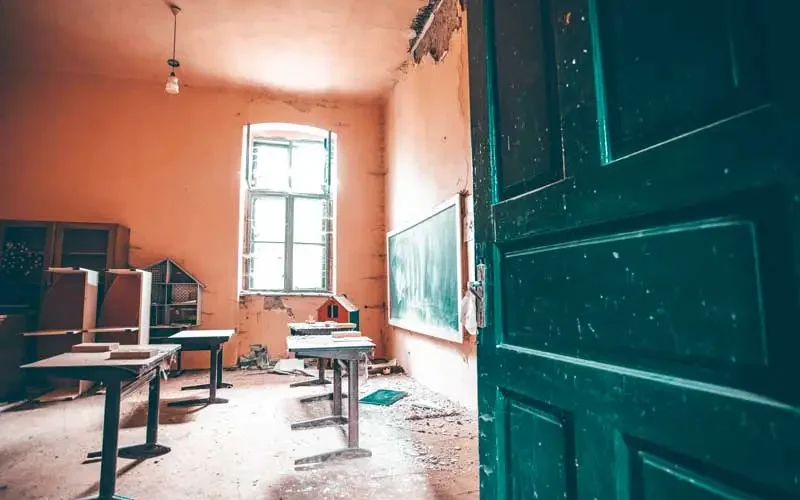
在1975年南越政變後,我和二哥(榮光)和弟弟(榮南)就讀的「同心」中小學,从私立成了公立學校,取消了學校制服。由於不夠老師,加上政府監控學校制度,又撤銷所有華語課堂,規定只准許學習當地越南文。
The Unfathomable Deep Space and Seas

Man is an adventurous creature. In the pre-pandemic year of 2019 the US travel and tourism industry generated 1.9 trillion dollars in economic output. That was a startling 9% of the nation’s corresponding GDP of 21.38 trillion dollars in 2019.
Chaotic schools and rampant superstitions

When the communists took over Vietnam in 1975, my second eldest brother (David), I and my younger brother (Kevin) were studying in the “Same Heart” middle-and-elementary school in Cholon, Vietnam. Originally a private school, it was changed to a public school under the communist government.
Calmness after the War (Part II)
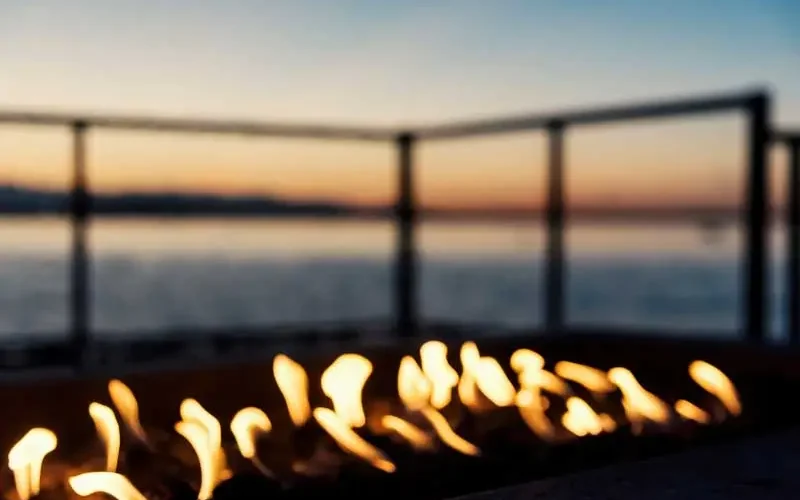
My parents ran a textile and clothes retail shop from our home. Under the new communist government after the Vietnamese civil war, every home was eager to sew the new national flag. Therefore, all of a sudden our home business was thriving beyond our wildest imaginations.
【小趣奇遇】戰亂後的平息(下集)

父母親是做買賣布料的家庭式生意。內戰後的新興政府,規定家家戶戶都要買布料縫裁新國旗。突然間,店舖的生意好到忙不過來。我的大哥(雁榮)想幫父親的輕型電單車加油,去了附近一公哩以外的油站加油。
Pollen Allergy Becoming a Mainstay

Pollen allergy is more commonly known as hay fever. Medically speaking, it is called seasonal allergic rhinitis —- a provocation of the immune system to overreact to pollen from trees, grasses, and weeds. Hay fever occurs mainly in the spring and fall when pollen from trees, grasses, and weeds are in the air.
Calmness after the War (Part I)
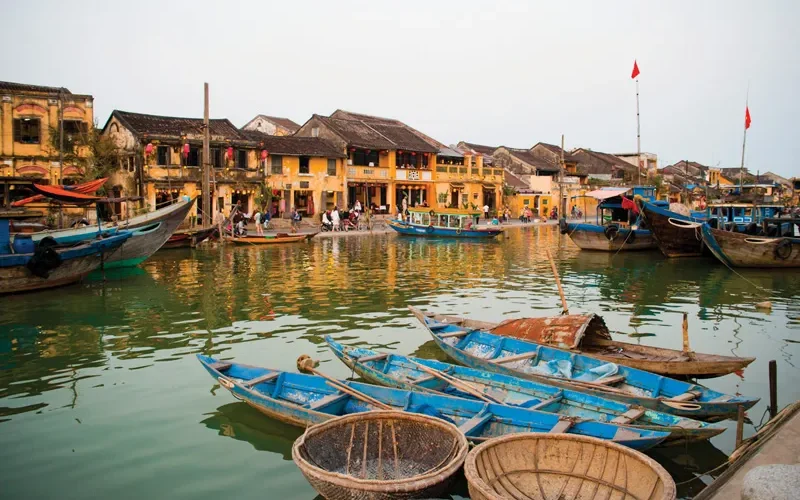
In the May issue we mentioned the civil war between North and South Vietnam. It finally ended on the so-called “Liberation Date” on April 30, 1975. The North united the country into a communist country.
滕張佳音博士
國宣創辦人
▪︎美國芝加哥三一福音神學院文學碩士(宣教)及教牧學博士(宣教學)
▪︎前建道神學院跨越文化研究部副教授
▪︎牧職神學院榮譽創院院長
▪︎國際短宣使團創辦人


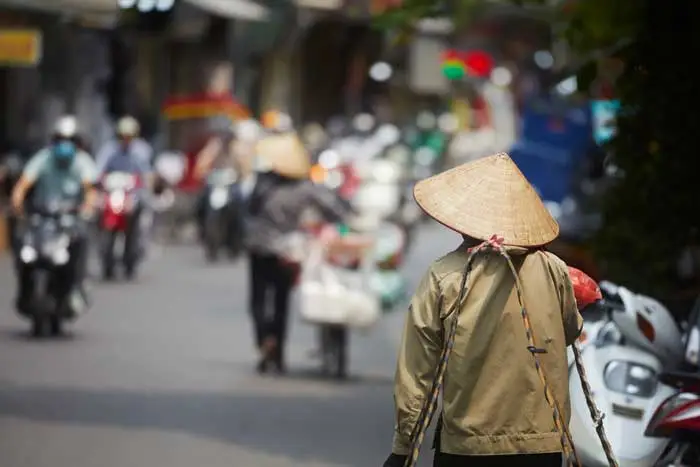
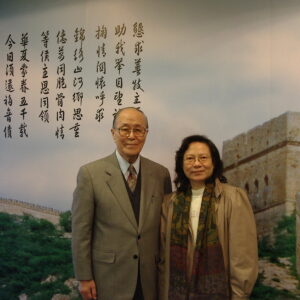
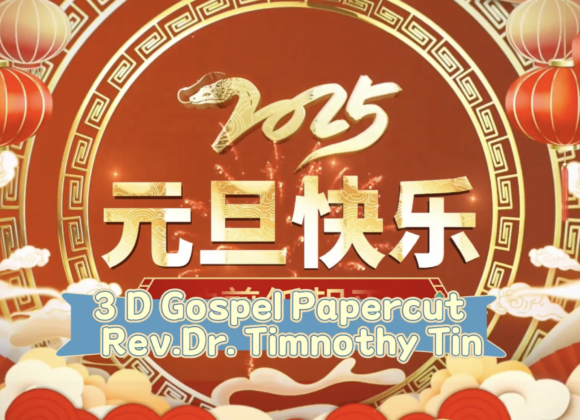
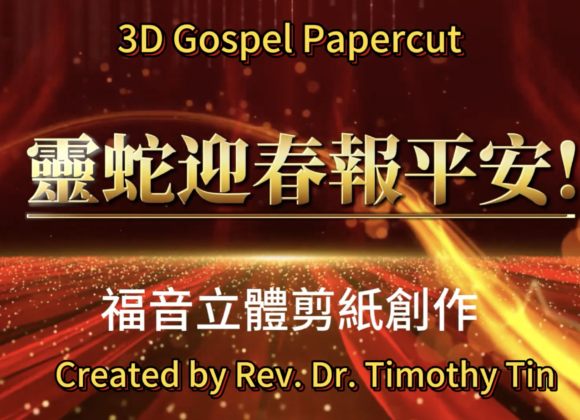
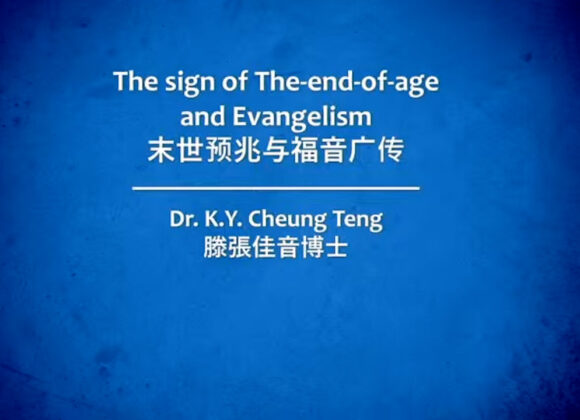

![[Storm Buster] Storm Surge [Storm Buster] Storm Surge](https://eresource.ifstms.org/wp-content/uploads/2023/12/Hurricane_Kate_2003-_Good_pic-580x420.webp)
![[Interesting Adventures] The New Economic Development District Policy in Vietnam [Interesting Adventures] The New Economic Development District Policy in Vietnam](https://eresource.ifstms.org/wp-content/uploads/2023/12/WhatsApp-Image-2023-11-29-at-14.26.37-564x420.webp)
![[Interesting Adventures] Suppressing the Merchants (Part II) [Interesting Adventures] Suppressing the Merchants (Part II)](https://eresource.ifstms.org/wp-content/uploads/2023/11/oppressed-Merchants-2-web-edited-580x420.jpg)
![[Storm Buster] Autumn Foliage Forecast [Storm Buster] Autumn Foliage Forecast](https://eresource.ifstms.org/wp-content/uploads/2023/11/Screen-Shot-2023-10-30-at-11.05.07-PM-580x395.jpg)

![[Good Questions] What is Truth? Part 2 [Good Questions] What is Truth? Part 2](https://eresource.ifstms.org/wp-content/uploads/2023/11/What-is-Truth-Part-2-580x420.jpg)
![[Good Questions] What is Truth? [Good Questions] What is Truth?](https://eresource.ifstms.org/wp-content/uploads/2023/10/truth-166853_1280-750x450-1-580x420.jpg)
![[Storm Buster Series] Preempt Wildfires [Storm Buster Series] Preempt Wildfires](https://eresource.ifstms.org/wp-content/uploads/2023/10/nytm2310p-72-580x401.jpg)

![[Interesting Adventures] The Oppressed Merchants (1) [Interesting Adventures] The Oppressed Merchants (1)](https://eresource.ifstms.org/wp-content/uploads/2023/10/nytm2310p-71-580x420.jpg)



